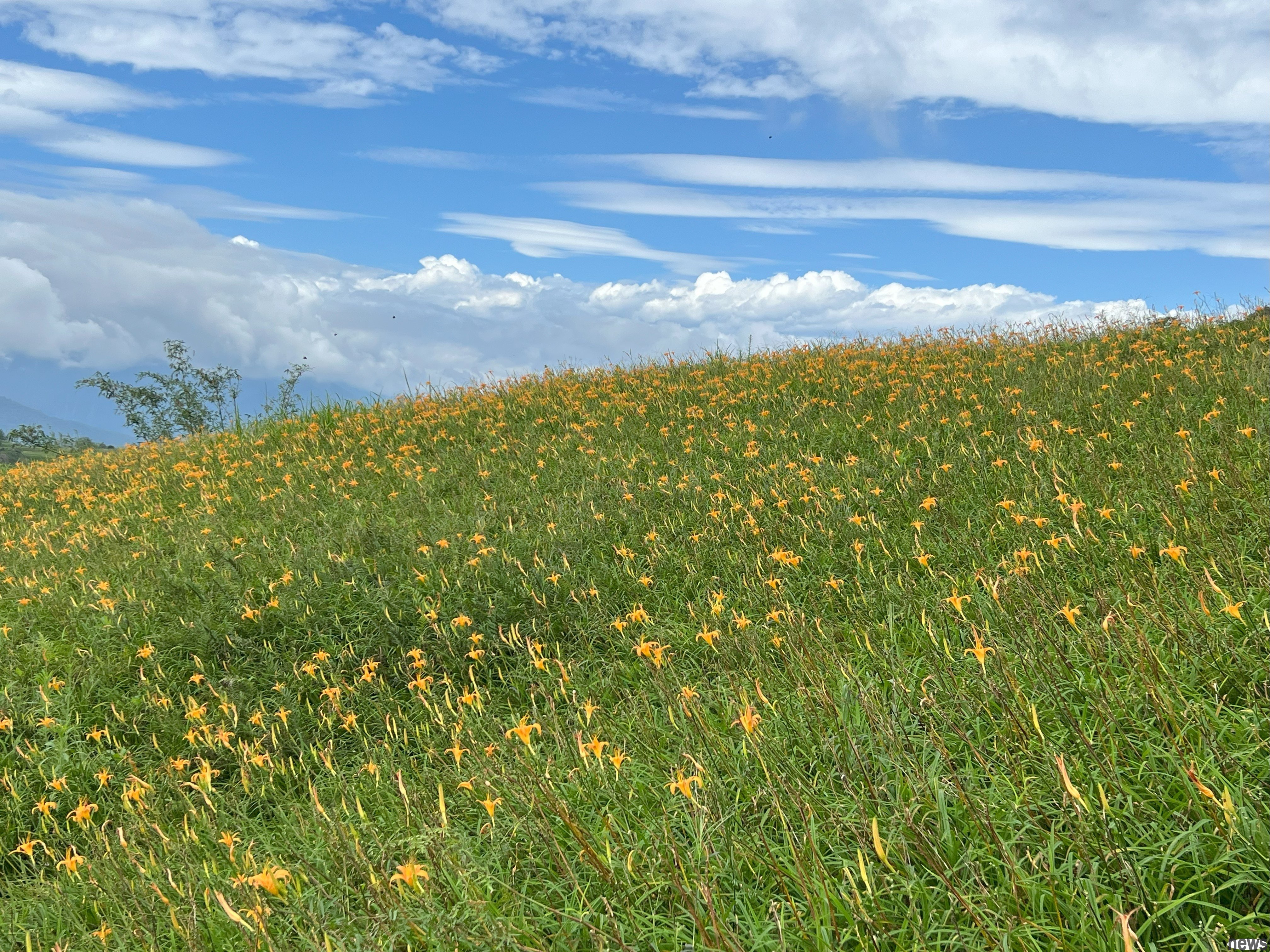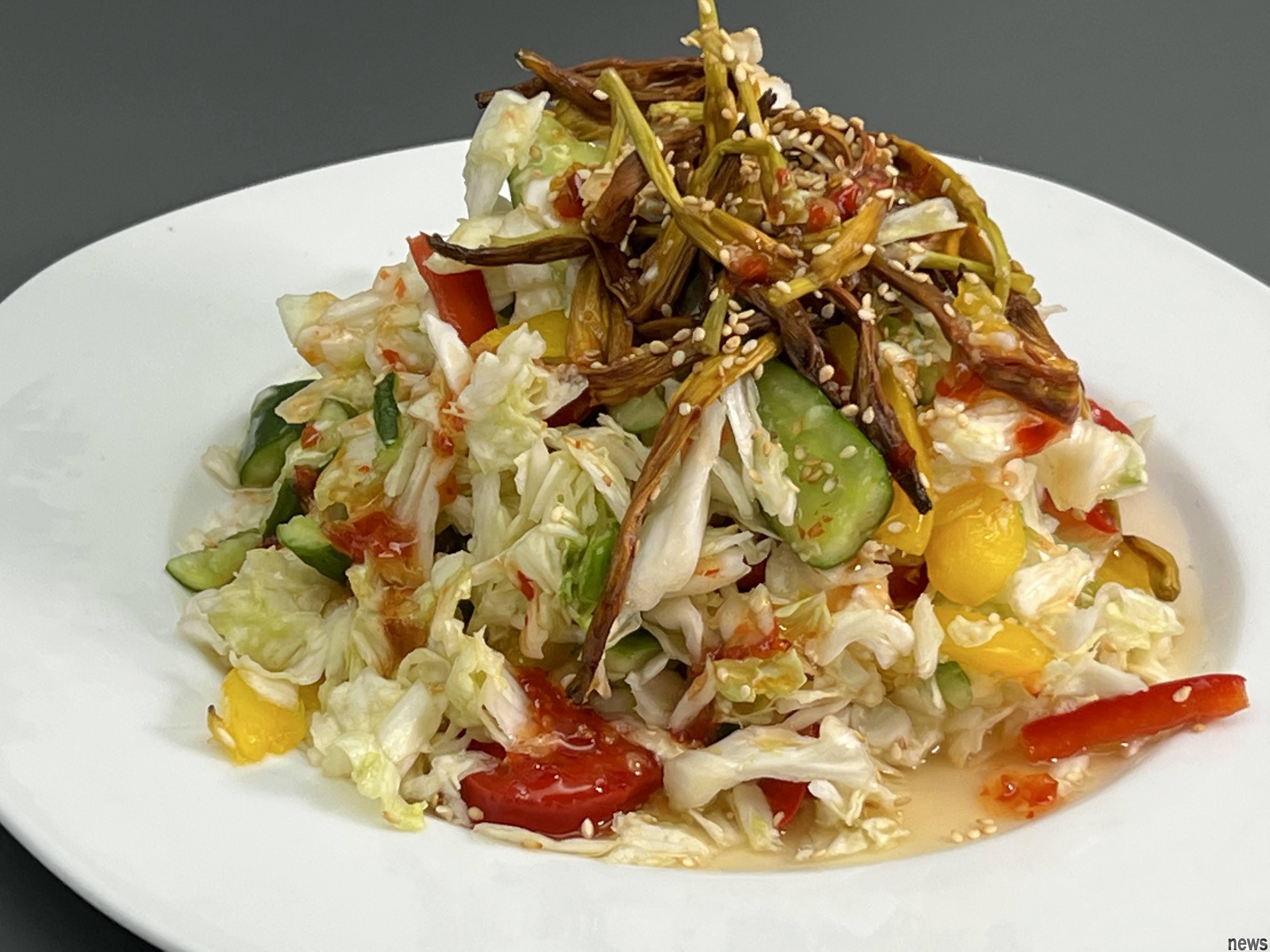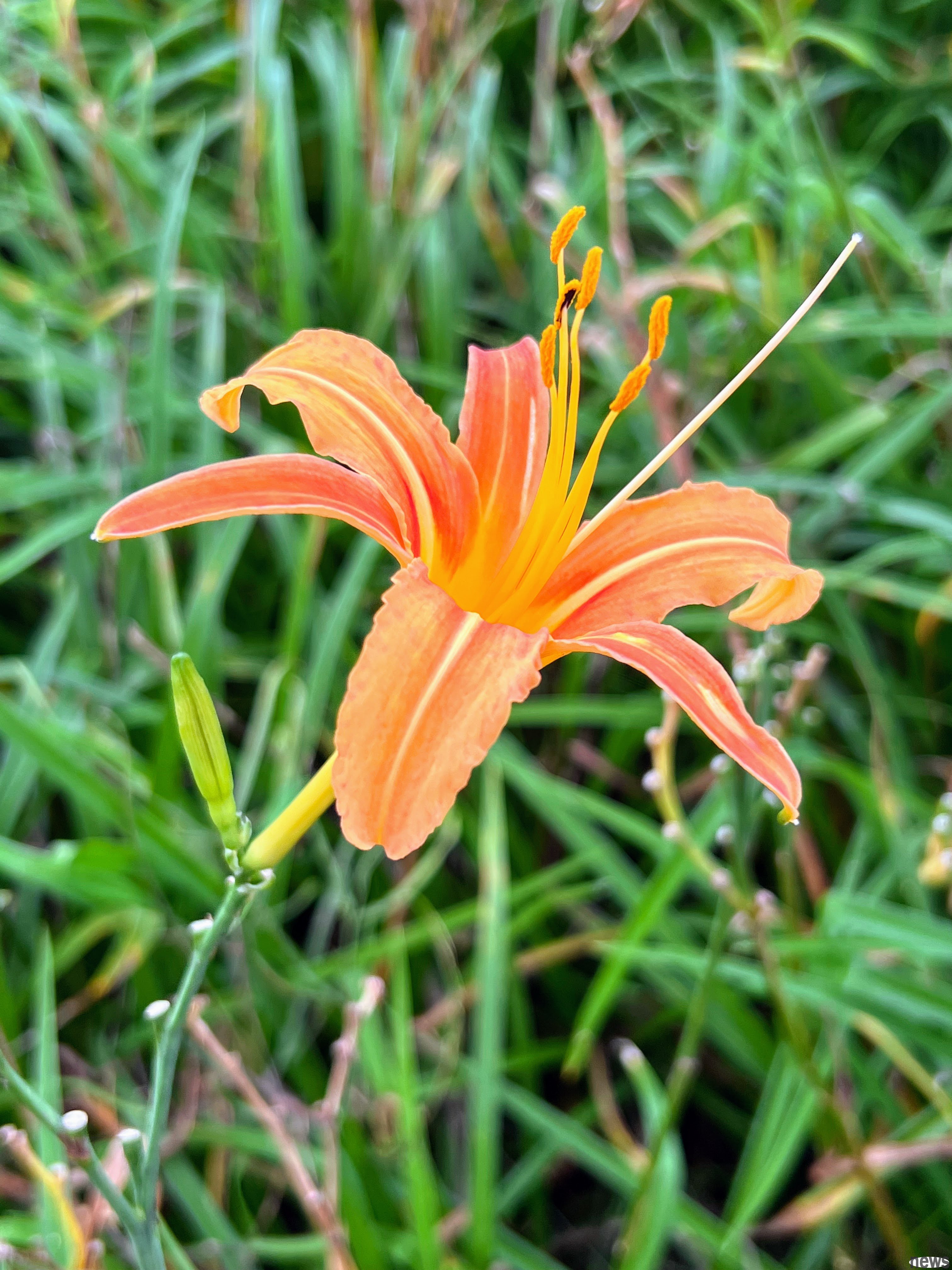The sea of golden squids in the Huadong area is about to come to the scene. When the brain suddenly floats, my grandmother throws the golden squids into the soup. She said that the golden squids like this will be crisper, and occasionally, they wi...

The sea of golden squids in the Huadong area is about to come to the scene. When the brain suddenly floats, my grandmother throws the golden squids into the soup. She said that the golden squids like this will be crisper, and occasionally, they will use golden squids to squid, slices and meat to cook together. Unfortunately, this old time has made it "to squid with people". In today's wave of efficiency-first, some people are willing to accept it.
The golden horn is thin and sharp because of its long and sharp color, and is yellow in color. It is named after this direct view. It is also known as daylily and yellow cauliflower. It is originally from mainland China, Japan, South Korea and other places. The ancients believed that golden squid has the effect of making people forget their worries, also known as forgetting grass. In the "Studying Life" Ji Kang wrote: "Together with the worries, daylily forgetting to worry." This means that the worries can eliminate worries, and daylily makes people forget to worry. Therefore, every time a traveler leaves home and travels far away, he will put daylily in the Beitang where his mother lives, hoping to reduce the mother's longing for her children. Daylily also becomes the synonym for "mother's worries".
{9999}{9999}{9999}{9999}"Who says that the heart of a grass can lead to the three spring seasons" is a famous line in the poem "The Song of the Game" by Meng Jiao, a poet in the Tang Dynasty. A grass is daylily. The poet compares the mother's love for her children to take care of daylily in the warm spring sun, and blooms flowers in early summer to relieve the gratitude of the mother for the traveler. In the "Golden Flower" sung by Taiwanese singer Jiang Hui, "The fragrance of freshness / flying in the wind / Ah~ / Mother / I miss you / You dare to miss me", it even sings the voice of the game's thoughts of my mother.

Golden beetle "watch flowers, eat vegetables, and use them as medicine". The part we eat on a daily basis is golden beetle buds. Because it is difficult to preserve, it is mostly processed and dried and used as an ingredient. If you are lucky enough to live in the area, fresh food is the most beautiful.
The golden flake can be used as a seasoning when cooking, and the mixing, stir-frying and rinsing are all bad. Lin Hong, a literati of the Song Dynasty, wrote about the "Wangqing Yu" method in "Shanjia Qing Gong": simply blanch the golden seedlings, then mix them with soybean and vinegar, or eat them directly with the meat without adding sauce. Lin Hong also raised this dish to the national security level, saying that the prime minister always worrys about the safety of the country, so he often eats this dish, which is "before the world is worried."
The Chinese father Sun Zhongshan, who was a doctor, once vigorously advocated the "Zhongshan Four-Purpose Soup" and boiled golden bean sprouts into soups. I tried cooking it, and the taste was light, not too good to be extremely delicious, but it was only good at low nutritional prices.
The golden horn was introduced to Taiwan from the southern part of Mainland China in the 17th century. This "alpine" golden horn, commonly known as "local species", requires a low temperature environment. It is mainly planted on hillsides at an altitude of 500 to 1,000 meters. The three major breeding areas are Chike Mountain in Hualien County, Liushishi Mountain and Taimali in Taitung County, with a peak period of between August and September.
The Taitung District Agricultural Reform Site was nurtured in 1990, No. 6 and No. 7 of Taitung Taitung, commonly known as "flat land species", which can be planted in all parts of Taiwan. In addition to the Huadong Valley Plain, there are also people who grow Miaoli, Taichung, Changhua and Nantou in western Taiwan, with the production period between April and July.
I went to Chikeshan for investigation and accidentally learned that the development of local gold industry was related to the Eighth Shui disaster in 1959. Jinling Yuan Huang Mingjie said that his father originally lived in Yidaoshan District, Meishan Mountain in Jiayi, and the Baqi River was seriously affected. After the disaster, he and his family crossed the Central Mountain to Chike Mountain to open a battle. At first, bamboo, mushrooms, etc. failed. Later, a family named Zhang from Zhongpu, Jiayi brought gold pine seedlings to their hometown for sale. Because gold pine is not afraid of ordinary typhoons, and the temperature difference between Chike Mountain is large and the terrestrial power of the coastal mountain is nourished, it gradually creates the scale of Jinling Mountain today.
The amount of gold horns in Taiwan was more than 1,000 kilograms. Later, it was affected by the import, smuggling of gold horns and the sulfur dioxide residue of gold horns. The area has been reduced year by year. In the past five years, it has remained at around 500 kilograms. Among them, Hualien County has the highest production capacity in Taiwan, accounting for nearly 80%, followed by Taitung County and Nantou County.
Another accident in the gold industry was the beauty of the scene. During the golden industry's heyday in the early years, the golden flower buds were picked and made into golden flower dry before they were released; when the industry was not falling, the gold price was sluggish, farmers were unable to afford the cost, and they allowed to bloom, and a few visitors took pictures of the beautiful scenery and uploaded it to social media, which was unexpectedly red.

The government and leisure businessmen have deliberately kept some of the golden fields and refused to collect them, making the golden flowers a visual banquet in summer, and strengthened the reserve of sulfur dioxide, and even used baking to make sulfur-free gold flasks, which promoted the transformation of industry and new business machines.
"Let us who are weak know how to be patient/Faced with every cold life…… Forget about grief/Just forget about how much you know in dream……"Singer Zhou Huajian wrote this soothing song after seeing Nali's typhoon re-create Taiwan in 2001. People often say, "I don't know which one is tomorrow or accident first", or perhaps, grasping every person next to you, cherishing everyone is the way to forget.